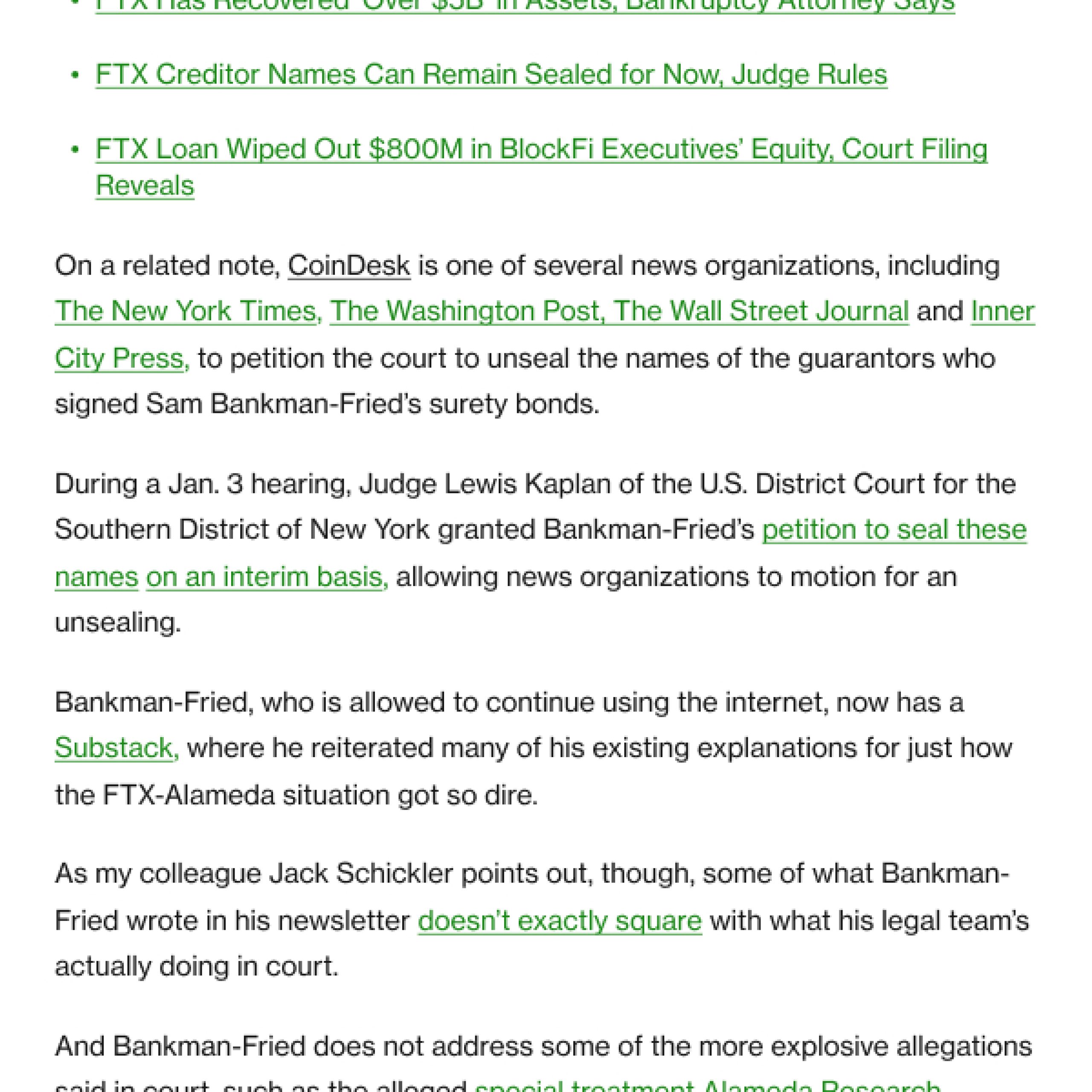The New York Department of Financial Services (NYDFS), the regulatory body overseeing the state’s BitLicense regime, has released updated guidance for licensed digital asset entities. This guidance introduces a formalized coin-delisting policy requirement and outlines comprehensive criteria for coin listings. The move comes as regulatory scrutiny of the digital asset industry continues to evolve.
Coin listing policy requirements
Under the newly issued guidance, digital asset companies operating under the jurisdiction of NYDFS must adhere to several key requirements for coin listings.The boards of directors of these entities are mandated to implement and annually update their coin listing policies. This ongoing review ensures that the policies remain current and effective.
Any conflicts of interest related to coin listings must be fully disclosed and appropriately addressed by the companies’ boards of directors. Coins being considered for listing must undergo comprehensive risk assessments. These assessments should cover various aspects, including design, operation, security, market and liquidity, potential for illicit finance, and legal and regulatory risks associated with the coin.
NYDFS approval criteria
Furthermore, the NYDFS has outlined specific criteria that coins must meet to gain approval for listing:Coins falling under the category of stablecoins require NYDFS approval for listing. Similarly, coins categorized as exchange coins are subject to NYDFS approval.
Coins where a single entity or individual controls over 51% of the hash power in proof of work or demonstrates an equivalent concentration of power in other consensus models must gain NYDFS approval. Coins categorized as bridged coins also need NYDFS approval for listing. Any coin with a circulating supply that amounts to less than 35% of the total supply must undergo NYDFS approval.
The emphasis on centralization criteria in the NYDFS’s approval process is significant. It reflects a growing regulatory awareness of centralized decision-making within ostensibly decentralized projects. This heightened focus on centralization aims to ensure that digital assets uphold the principles of decentralization and do not concentrate power in the hands of a few.
In addition to coin listing requirements, the NYDFS has introduced guidelines for coin delistings. According to the new guidance, no coin can be delisted without providing at least 30 days’ notice to platform users. This requirement ensures transparency and fairness in the delisting process, giving users ample time to adjust their holdings accordingly.
Gatekeeper exchanges under scrutiny
The NYDFS’s move to regulate coin listings and delistings underscores the increasing regulatory oversight of the digital asset industry. Exchanges, as integral players in the digital asset market, effectively serve as gatekeepers to this market. Their discretion in deciding which coins to list or delist has raised concerns about potential market manipulation and unfair practices.
The need for regulatory oversight in this area was exemplified by a class action lawsuit filed in the United Kingdom in 2022. In this case, holders of BSV accused four exchanges—Binance, Kraken, Bittylicious, and Shapeshift—of colluding to delist the coin without justification.
The exchanges’ actions were alleged to be motivated by personal vendettas, leading to a lack of transparency and fairness in the delisting process. Such behavior would likely be considered a violation of the NYDFS’s new guidance, as well as potentially violating competition laws in the UK.
NYDFS’s commitment to regulatory development
NYDFS Superintendent Adrienne Harris provided an update on the department’s activities, highlighting its commitment to evolving regulations to protect consumers and maintain market integrity. Under her leadership, the NYDFS has issued eight pieces of guidance specifically tailored to the digital asset industry, including groundbreaking rules related to stablecoins.
Moreover, the department has levied significant financial penalties, amounting to $132 million, against digital asset companies, including industry giants like Robinhood and Coinbase.





